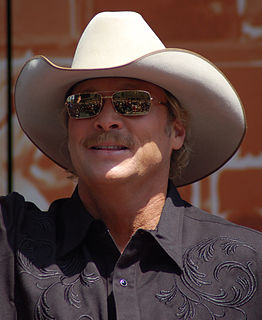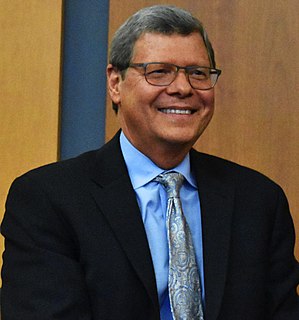A Quote by Bertrand Russell
In his youth, Wordsworth sympathized with the French Revolution, went to France, wrote good poetry and had a natural daughter. At this period, he was a bad man. Then he became good, abandoned his daughter, adopted correct principles and wrote bad poetry.
Related Quotes
What the world wants, what the world is waiting for, is not Modern Poetry or Classical Poetry or Neo-Classical Poetry - but Good Poetry. And the dreadful disreputable doubt, which stirs in my own skeptical mind, is doubt about whether it would really matter much what style a poet chose to write in, in any period, as long as he wrote Good poetry.
That's one of those questions that would just love to have a pat answer. You know, poetry's job is to make us feel good. Poetry exists to allow us to express our innermost feelings. There isn't one role for poetry in society. There are many roles for poetry. I wrote a poem to seduce my wife. I wrote a poem when I asked her to marry me. Poetry got me laid. Poetry got me married.
Sometimes he would advise me to read poetry, and would send me in his letters quantities of verses and whole poems, which he wrote from memory. 'Read poetry,' he wrote: 'poetry makes men better.' How often, in my later life, I realized the truth of this remark of his! Read poetry: it makes men better.
"After 17" is a song I wrote when my first daughter went to college, so that's kind of where I'm at in that part of my life. If you listen to that song and knew anything about me, you'd say, "Oh yeah, he wrote that about his daughter," but I try not to write them that they are so specific that they wouldn't apply to anybody that has a child.
'After 17' is a song I wrote when my first daughter went to college, so that's kind of where I'm at in that part of my life. If you listen to that song and knew anything about me, you'd say, 'Oh yeah, he wrote that about his daughter,' but I try not to write them that they are so specific that they wouldn't apply to anybody that has a child.
When it comes to partisan politics, everyone is a hypocrite. And all they care about is whether it hurts or helps them ... Is it good or bad for the Democrats? Is it good or bad for the Republicans? Is it good or bad for Jews, or good or bad for blacks, or is it good or bad for women? Is it good or bad for men? Is it good or bad for gays? That's the way people think about issues today. There is very little discussion of enduring principles.
What I wrote all the time when I was a kid - I don't want to call it 'poetry,' because it wasn't poetry. I was not that kind of a writer. I was a rhymer. I was a fan of Dorothy Parker's, so maybe I wrote poetry to that extent, but my main focus was the humor of it, and word construction, and the slant. Your words, it's a very powerful experience.
Sometimes I'll say, "I wrote that book," and the person will look at you as if you're really strange. One time that happened to my daughter on a plane. She was sitting next to a girl who was reading one of my books and my daughter said, "My mother wrote that book." And the girl started to quiz my daughter, asking her all sorts of questions, like what are the names of Judy's children and where did she grow up. My daughter thought it was so funny.
A successful poem says what a poet wants to say, and more, with particular finality. The remarks he makes about his poems are incidental when the poem is good, or embarrassing or absurd when it is bad and he is not permitted to say how the good poem is good, and may never know how the bad poem is bad. It is better to write about other people's poetry.
Kools and Newports were for black people and lower-class whites. Camels were for procrastinators, those who wrote bad poetry, and those who put off writing bad poetry. Merits were for sex addicts, Salems were for alcoholics, and Mores were for people who considered themselves to be outrageous but really weren't.

































